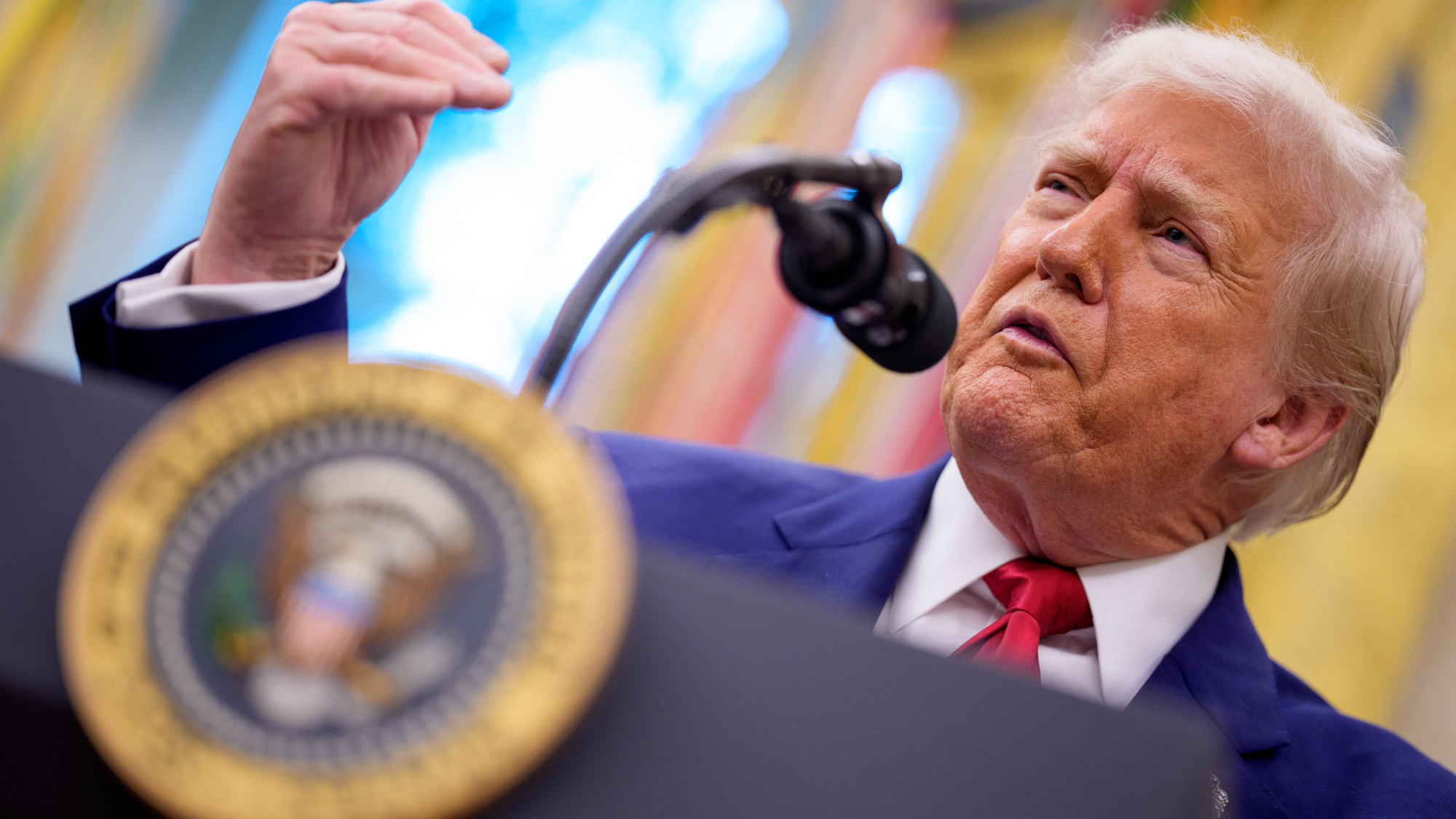5/30 5 am (ET):Following a report on May 29 that a U.S. trade court had ruled Washington’s sweeping tariff measures were unlawful, the White House has successfully lodged an appeal with the federal appeals court. According to the ruling, the U.S. government’s tariffs can remain in place while the case is ongoing; the next hearing will take place on June 5. A different federal court ruled similarly on a separate set of tariffs. As reported by theBBC, the President’s trade adviser, Peter Navarro, told the press that even if the administration loses in court, it would find another way to implement the measures.The report from May 29 continues below as published.
The U.S. Court of International Trade has ruled that President Trump’s sweeping tariffs, levied on nations including China, were unlawful, in a move that could significantly reshape the ongoing trade war and impact the price of technology. The court declared that all of President Trump’s measures are “invalid as contrary to law” because the emergency law used to pass them does not give the President unilateral authority to impose such sweeping measures.

In a rulingdated May 28, three judges concluded that the International Emergency Economic Powers Act of 1977 “does not authorize any of the Worldwide, Retaliatory, or Trafficking Tariff Orders” considered by the court in the case. Specifically, they say the Worldwide and Retaliatory Tariff orders imposed by Washington “exceed any authority granted to the President by the IEEPA to regulate importation by means of tariffs.”
Regarding Trafficking Tariffs, the court says these fail “because they do not deal with the threats set forth in those orders.” Consequently, the court ordered that all the challenged Tariff Orders be vacated and their operation permanently enjoined.

The White House has already filed a notice of appeal, and such decisions can be appealed to the U.S. Court of Appeals for the Federal Circuit in Washington, and of course, the U.S. Supreme Court.
In a statement reported by theBBC, the administration said, “It is not for unelected judges to decide how to properly address a national emergency.” Continuing, White House deputy press secretary Kush Desai said, “President Trump pledged to put America First, and the Administration is committed to using every lever of executive power to address this crisis and restore American Greatness.”
Considering previous reports, tariffs could increase tech prices by up to 70%. Legal suspension of tariffs levied on countries, including China, could be an enormous relief to suppliers of hardware, including the semiconductor industry, as well as component parts, notably GPUs.
Earlier this month, it was reported thatNvidia has raised prices by 10-15% to combat risingmanufacturing costs and tariffs, whileTSMC recently called on Washington to drop tariffson semiconductors made outside the U.S.. Responding to a U.S. Commerce Department’s call for public comments, the global silicon leader said “we respectfully request that the Administration avoids imposing tariffs or other restrictive measures on semiconductors made outside of the United States,” claiming tariffs raise the cost of endconsumer products and lower demand for such products and the components they contain.
Get Tom’s Hardware’s best news and in-depth reviews, straight to your inbox.
FollowTom’s Hardware on Google Newsto get our up-to-date news, analysis, and reviews in your feeds. Make sure to click the Follow button.
Stephen is Tom’s Hardware’s News Editor with almost a decade of industry experience covering technology, having worked at TechRadar, iMore, and even Apple over the years. He has covered the world of consumer tech from nearly every angle, including supply chain rumors, patents, and litigation, and more. When he’s not at work, he loves reading about history and playing video games.